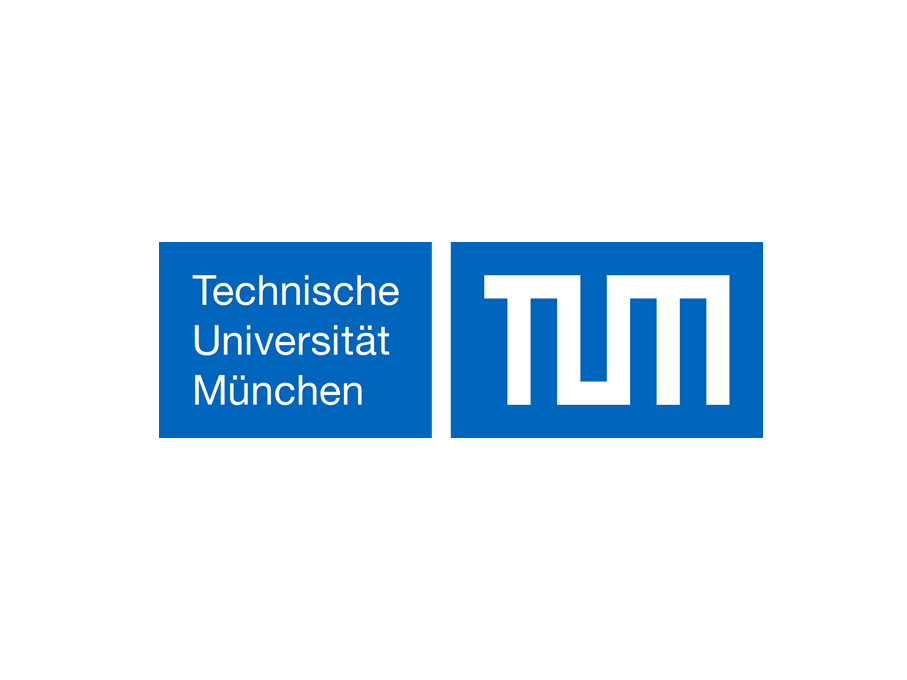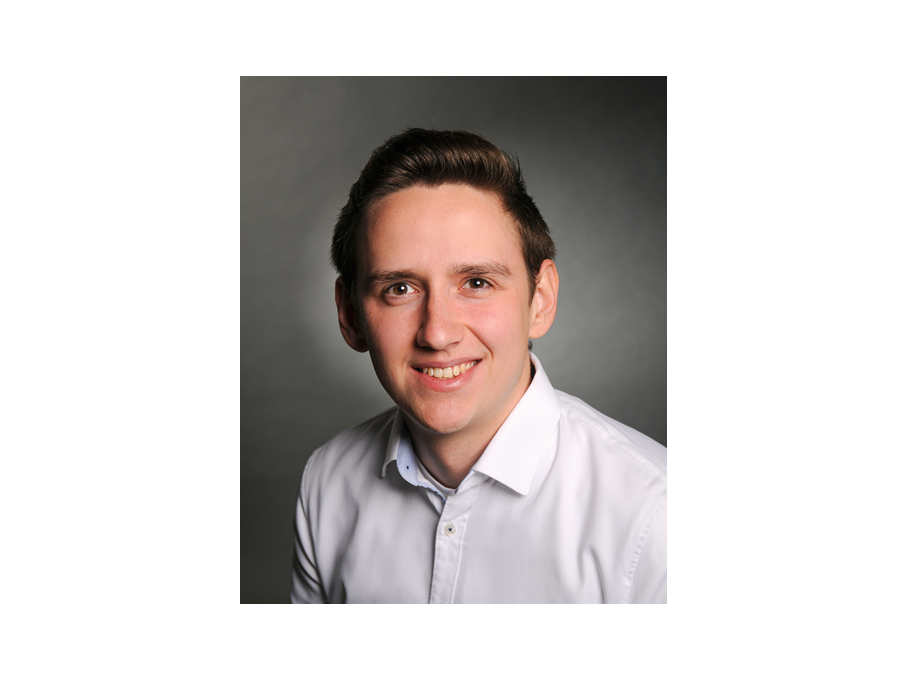Technical University of Munich
Computer Architecture and Parallel Systems Research Group

Role in the consortium
Our team is responsible for designing and implementing the firmware and hardware for the platform that interfaces between the control platform of the quantum computer and the HPC system. This also includes the co-design of control algorithms and platforms to achieve efficient operation.
What are the goals?
- Development of efficient algorithms for initialization and control of atoms
- Create matching hardware platform
- Define interfaces to higher-level platforms
How do we plan to achieve that?
We will develop a platform that enables an HPC system to control the neutral atom quantum computer by providing the higher-level platform with required data while allowing the HPC system to send code and control commands to the quantum computer. This will enable us to provide easy external system access and a seamless integration into existing HPC ecosystems.
As part of the firmware of this quantum computer, classical algorithms for controlling various aspects of the quantum computer will be executed on this platform. Since higher execution times of these algorithms directly diminish the quantum computer's performance, it is of utmost importance to optimize them. To do so, we will develop efficient implementations and choose well-suited hardware to run them.
Team
As the Chair for Computer Architecture and Parallel Systems, we offer expertise in high-performance computing (HPC), both in terms of architectures, as well as software implementations. This allows us to develop efficient, hardware-optimized algorithms as well as to support co-design efforts of the connected platforms. Our close ties with Leibniz-Rechenzentrum (LRZ), its Department for Quantum Computing and Technologies (QCT) and being part of Q-DESSI allow us to see the bigger picture of how quantum computing might find a place in HPC.
We have also significant experience in the topics of cloud and edge computing as well as embedded systems, which will allow us to make meaningful choices when designing the interface platform for the quantum computer, design key control algorithms, and to use its resources efficiently.
Prof. Dr. Martin Schulz
Principal investigator

Martin Schulz holds the chair for Computer Architecture and Parallel Systems at TU-München and serves on the board of directors at LRZ. He is a leading expert in HPC as well as HPCQC integration and has published over 250 papers in peer-reviewed conferences and workshops. He also serves as the chair of the MPI forum, the leading programming standard for HPC.
Jonas Winklmann
Doctoral Candidate

Jonas Winklmann has shown interest in writing efficient algorithms for different hardware platforms during his studies. His passion for physics and quantum mechanics has led him to work as a PhD student for this project.
Contact persons
Scientific questions:
Prof. Dr. Martin Schulz martin.w.j.schulz(at)tum.de
Jonas Winklmann jonas.winklmann(at)tum.de
Open positions:
Prof. Dr. Martin Schulz martin.w.j.schulz(at)tum.de

Funding acknowledgement
Sponsored by the Federal Ministry of Education and Research, grant number 13N16087